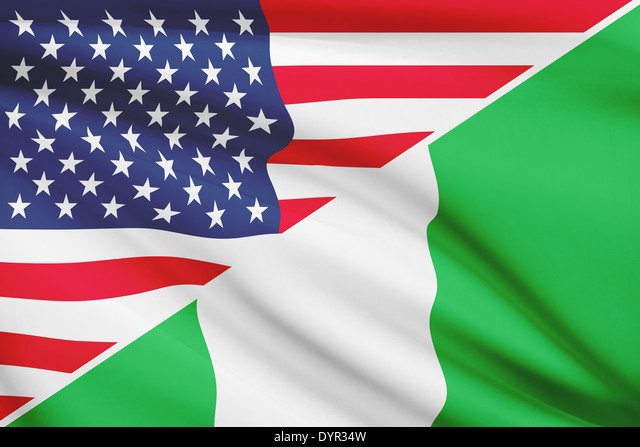US, Nigeria partner to boost peace structures in conflict zones
The United States and Nigeria are working to strengthen local peace structures across key conflict-prone areas in Nigeria to enhance peace and security in the country. The initiative, led by the Institute for Peace and Conflict Resolution (IPCR) is aimed at building local capacity, improving early warning systems, and fostering stronger collaboration among government agencies, […]

us, nigeria
The United States and Nigeria are working to strengthen local peace structures across key conflict-prone areas in Nigeria to enhance peace and security in the country.
The initiative, led by the Institute for Peace and Conflict Resolution (IPCR) is aimed at building local capacity, improving early warning systems, and fostering stronger collaboration among government agencies, community leaders, and security forces to reduce violence and promote stability in targeted regions.
Speaking at a national stakeholder engagement and the unveiling of Nigeria’s Conflict Early Warning Situation Room on Tuesday in Abuja, Joseph Ochogwu, Director General of IPCR, said the collaborative nature of the initiative was to bring together national, international and local entities united in the mission of fostering social cohesion and preventing violence.
“This partnership is unique, not only for its inclusivity — from international stakeholders to grassroots actors — but for the commitment it represents to peacebuilding,” Ochogwu stated.
- Suspended LG chair apologises to Lagos assembly
- Chinese national remanded over forgery, property destruction
The initiative, dubbed the Peace Action for Rapid and Transformative Nigeria and Early Response Partner (PARTNER), is funded by USAID.
It aims to empower communities with tools to monitor and report early signs of conflict.
Ochogwu noted that starting in Kwara and Kaduna states, the programme now operates in nine states, including Benue, Nassarawa, and Katsina, establishing community-based peace structures and reconciliation committees.
“A key element of the new situation room is its integration of digital tools. Since April, IPCR has been using an early warning and response application alongside SMS and toll-free lines to collect conflict data across Nigeria,” he said.
According to him, these tools have enabled 100 active reporters and 63 responders to document 363 conflict-related incidents.
“This is not an intelligence tool; it’s a development initiative to address violence at the community level.
“The new technology, coupled with the work of the state peace commissions, offers a ‘quick response’ mechanism to help de-escalate conflicts, transforming early warning signs into action,” Ochogwu stated.
Melissa Jones, USAID Mission Director, said responses to incidents have been seen as quickly as 20 minutes from distress calls.
“This rapid response capability is unprecedented and is already saving lives,” Jones said.
She commended the joint efforts of Nigerian agencies and communities.
Robert Obande, Presidential Communication Commander Control Center in the Office of the National Security Advisor, underscored the system’s potential to foster inclusive dialogue and reconciliation while addressing root causes of conflict.
“This initiative demonstrates a collective commitment to securing a safer future for all Nigerians. The situation room is fostering stronger relationships between communities and security agencies, which many see as vital to sustainable peace in Nigeria.
“Through partnerships with local NGOs and state peace commissions, communities are now empowered to mediate conflicts, including those between farmers and herders, reducing violence and strengthening local economies,” he stated.
Ndubisi Anyanwu, Mercy Corps Country Director, emphasised that local ownership of the project is a key principle of the PARTNER initiative.
“Mercy Corps built capacity, but our local partners implemented the programme, proving the effectiveness of grassroots-led conflict management.
“The establishment of Nigeria’s Conflict Early Warning Situation Room represents a milestone in the country’s journey toward peace.
“With robust partnerships, community engagement, and technological advancements, it offers a promising pathway to mitigate violence and ensure a more peaceful future,” Anyanwu said.
